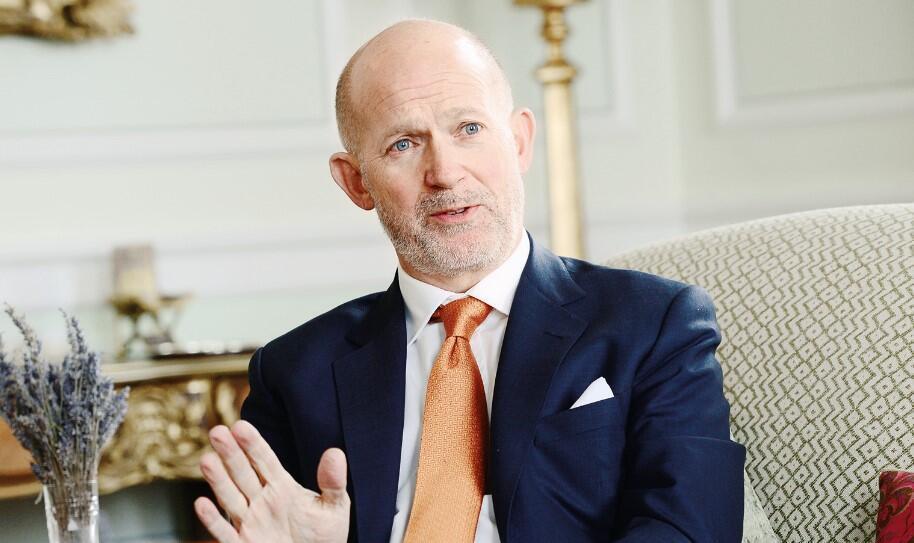
Any possible implications of the U.S. sanctions against Turkey over its procurement of the Russian-made S-400 air defense systems on the bilateral cooperation of British and Turkish defense industries will be clear after the new U.S. administration takes its position over implementing the Countering America’s Adversaries Through Sanctions Act (CAATSA, the British ambassador to Ankara said on Jan. 28.
The diplomat expressed his government’s expectation that in the future Turkey will meet its defense industry demands from NATO allies instead of Russia.
“Our position is quite clear that we very much hope that Turkey will in the future look to its NATO allies, as the British ambassador looks to the U.K., for international defense industry collaborations, not to Russia,” Sir Dominick Chilcott, British Ambassador to Turkey, told members of Diplomatic Correspondent’s Association.
Recalling that Turkey and the U.K. are both NATO members, the ambassador said defense cooperation and defense industry cooperation are important components of the bilateral relationship.
“In the defense industry sector, there is no doubt that the collaboration on the TF-X fighter project is an extremely important project. The U.K. is very committed to work with Turkey in the defense sector and pursue our defense industry sectors,” he stated.
But the envoy also cited the doctrine of NATO for not buying defense equipment from Russia.
“NATO has a doctrine on the issue of buying equipment from Russia. Basically, NATO allies agreed they should not do it. This is the position of our government. We stand by the NATO position that the allies should not buy equipment or use equipment sources from Russia. There are some exceptions to this for those countries that have legacy equipment from the days of Cold War from Russia,” Chilcott said.
Elaborating on the TF-X jet engines that the Turkish Aerospace Industries in Turkey (TAI) is planning to replace with F-16 fighter jets, the ambassador said, “The British government hopes Rolls-Royce will be the company working with Turkish partners to design and manufacture engines on this project.”
The ambassador said they still wait to see how the CAATSA sanctions will operate in the new U.S. administration. “It is very hard to say specifics of the CAATSA sanctions might have on British-Turkish collaboration on defense.”
He recalled that some British companies have partnerships with the American firms based in the U.S. and Rolls-Royce’s Honeywell venture is one of them.